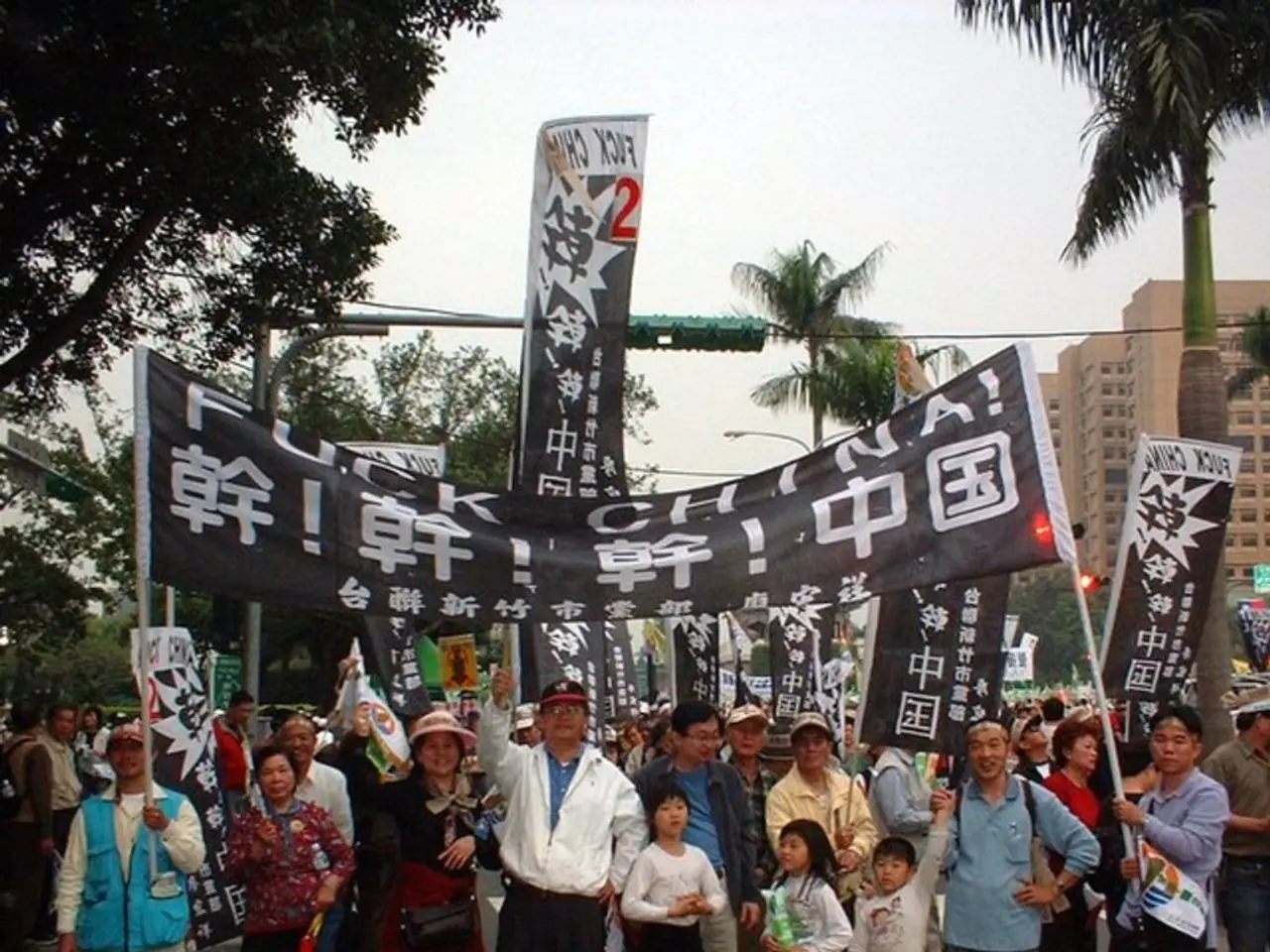Transforming Outcomes: Effective Strategies
In a groundbreaking year-long project, the Institute for Public Policy Research (IPPR) and Runnymede Trust, commissioned by the Youth Endowment Fund (YEF), have released a report exploring the key ingredients that enable movements to realise significant change. The report delves into four key movements: LGBTQ+ rights, race equality, climate action, and health inequality.
The report underscores the importance of increasing the power of excluded groups by recruiting new allies and building political representation. This strategy, when coupled with a campaigning infrastructure that tells compelling stories resonating with people's values and identities, can amplify a movement's influence and effect change.
One of the critical aspects highlighted in the report is the need to make the invisible, visible. By bringing attention to previously overlooked issues such as the environmental crisis or systemic racism, movements can gain traction and mobilise support for change.
Successful movements, according to the report, aim to close the 'salience deficit' and the 'power deficit'. The former refers to situations where the public or power-holders do not think the issue is important, while the latter occurs when those wanting change are not in positions of power.
The report also emphasises the importance of accommodating the status quo. While movements that champion technology or an 'assimilationist' approach may win initial change, they may limit their ability to deliver the change they seek. Such approaches can result in incomplete change and leave people behind.
The report identifies three active cultural carriers that have supported movements for LGBTQ+ rights, racial equality, climate protection, and health inequality in recent years: social media platforms, grassroots activist organisations, and influential public figures or celebrities.
Effective movements, the report suggests, simplify complex issues by breaking them down into manageable parts, setting clear goals, and focusing on key sectors to make their message more accessible. They also seize opportunities presented by high-profile events that challenge the status quo, increasing their reach and perceived significance, and reframing public or power-holder perceptions of their cause.
Moreover, successful movements prioritize the wellbeing of organisations and people within the movement, cushioning perceived failures, mediating tensions, and ensuring overall health and sustainability. They encourage experimentation and innovation, set goals, measure success, and capture and share learnings across the ecosystem.
In the face of the challenges of the 21st century, which require structural change to economies and wider societies and the rebalancing of power, the report aims to understand what key ingredients enable movements to realise significant change. By doing so, it offers valuable insights for those seeking to effect change in the future.
Read also:
- United States tariffs pose a threat to India, necessitating the recruitment of adept negotiators or strategists, similar to those who had influenced Trump's decisions.
- Weekly happenings in the German Federal Parliament (Bundestag)
- Southwest region's most popular posts, accompanied by an inquiry:
- Discussion between Putin and Trump in Alaska could potentially overshadow Ukraine's concerns








